Use our in-depth guide to uncover the unrealized potential of contract farming for avocados in India. Discover how to make the most money out of this profitable endeavor, from choosing the best varieties to implementing efficient production methods. This article gives you the skills and information you need to succeed in the rapidly expanding avocado market, regardless of your level of experience as a farmer or your aspirations as an entrepreneur.
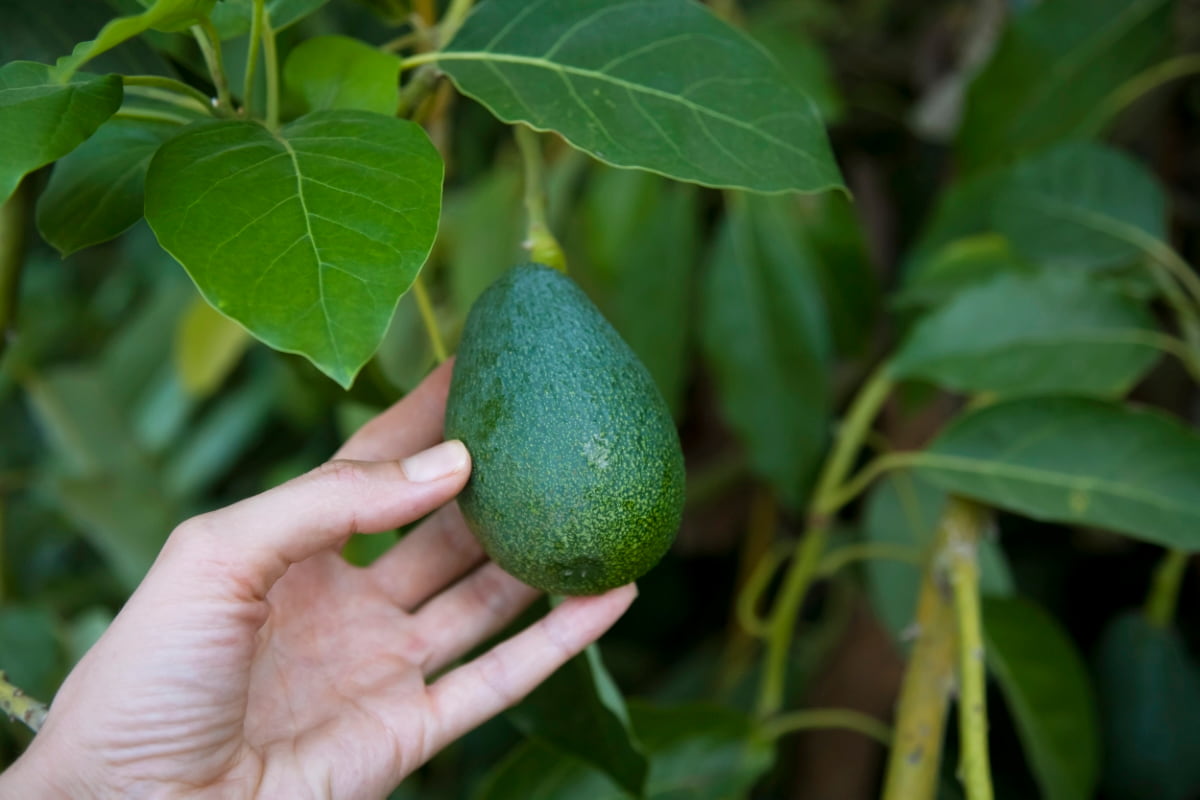
Introduction to Avocado in India
Avocado, though introduced relatively late in India, boasts remarkable nutritional value, with up to 4% protein and 30% fat, along with a wide array of vitamins and minerals. Despite its nutritional benefits, the fruit hasn’t gained widespread popularity among Indians due to its lack of sweetness and oily texture. However, there’s a growing interest in avocados, particularly among the educated populace. Typically consumed in combination with other ingredients to enhance its palatability, avocado finds its way into various culinary creations, from sandwiches to ice cream.
Avocado Contract Farming in India Farmers Need to Know
- Avocado farming in India is gaining traction despite challenges like low consumer awareness and preferences for sweeter fruits.
- Tropical and subtropical areas are suitable for avocado cultivation, and states like Tamil Nadu, Sikkim, Kerala, Maharashtra, and Karnataka show promise.
- Understanding avocado varieties is crucial for success, with Mexican, Guatemalan, and West Indian types being prominent.
- Fuerte, Hass, Green, and Pinkerton are commonly grown varieties in India, with Fuerte being the most commercially viable.
- Avocado flowers are not attractive and require bee pollination, making beekeeping essential for increased yields.
- Avocado farming requires specific soil conditions (pH 5-7), warm climates, and adequate water resources, making coastal areas like Kerala and Coorg ideal. India’s avocado farming is still in its nascent stage, with pilot projects showing promise and potential for commercialization.
- Avocado farming economics indicate profitability, with estimates showing significant revenue potential after the seventh year of cultivation.
- Certain regions like Tamil Nadu, Nasik in Maharashtra, and parts of Kerala are emerging as avocado cultivation hubs in India.
- Soil management, including pH balance and nutrient application, is crucial for successful avocado farming, while pest management is relatively minimal.
- Avocado farming is feasible and profitable in India, with increasing consumer awareness and government support driving its growth.
Farming Avocado in India
India’s diverse climatic conditions make it suitable for cultivating a wide range of fruits, including avocados. Regions like Tamil Nadu and Sikkim, with their tropical and subtropical climates, are ideal for avocado cultivation. While avocado farming is primarily concentrated in these regions, efforts are underway to explore its viability in states like Kerala, Maharashtra, and Karnataka.
In case you missed it: Avocado Fruit Farming Information Guide
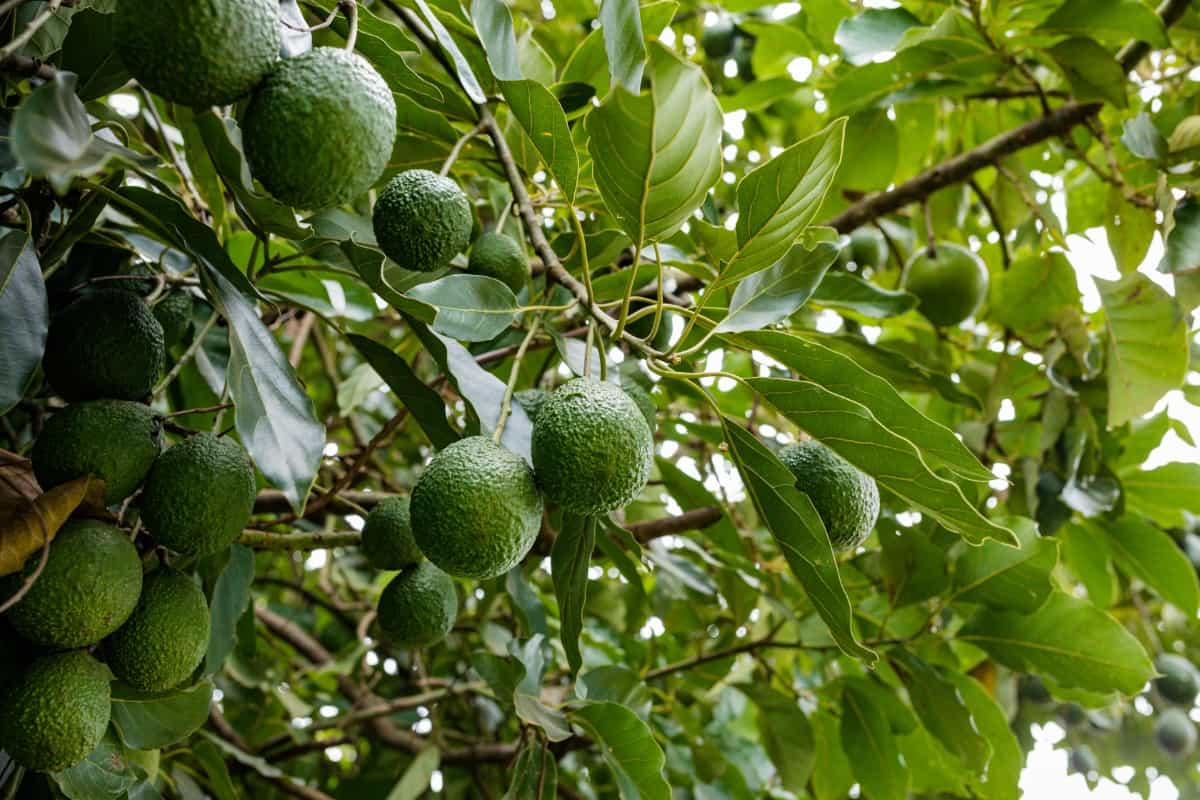
Success in avocado farming hinges on understanding its various characteristics. There are three main avocado varieties—Mexican, West Indies, and Guatemalan—each with distinct traits impacting their adaptability and fruit characteristics. In India, popular avocado varieties include Fuerte, Hass, Green, and Pinkerton, with Fuerte being the most feasible for commercial cultivation due to its suitability to local conditions.
Pollination Challenges and Climate Considerations
Avocado flowers, lacking in fragrance and visual appeal, pose challenges for pollination. While some self-pollination occurs under specific conditions, avocado predominantly relies on external pollinators like bees. As climate change threatens agriculture, avocado cultivation, being resource-intensive, necessitates careful water management and consideration of suitable climatic conditions.
Avocado thrives in warm, humid climates and is intolerant to saline conditions, frost, and water stagnation. Coastal regions with suitable climatic conditions, like Kerala and Coorg, present favorable environments for avocado cultivation.
Commercial Prospects and Market Dynamics
Despite limited commercial cultivation, avocado holds promise in India’s agricultural landscape. Pilot projects in various states show encouraging results, with certain avocado varieties exhibiting potential for commercialization, both domestically and for export. While challenges like low awareness persist, efforts by organizations like the Indian Institute of Horticulture and Research aim to stimulate demand and promote avocado’s economic viability.
Profitability and Business Outlook
Avocado farming offers significant profit potential, especially given the scarcity of locally produced fruits compared to high demand. With proper cultivation practices, including land preparation, irrigation, and fertilizer management, avocado farmers can expect substantial returns over time. Moreover, the rising global demand for avocados presents opportunities for India to tap into both domestic and international markets.
Training and Awareness Initiatives
Efforts to promote avocado farming include training programs for farmers and consumer awareness campaigns. Initiatives by government bodies like ICAR and KVK educate farmers on the benefits of avocado cultivation and its diverse applications, fostering an environment conducive to avocado entrepreneurship.
In case you missed it: Cost of Cultivation of Avocado, Propagation, Yield in India
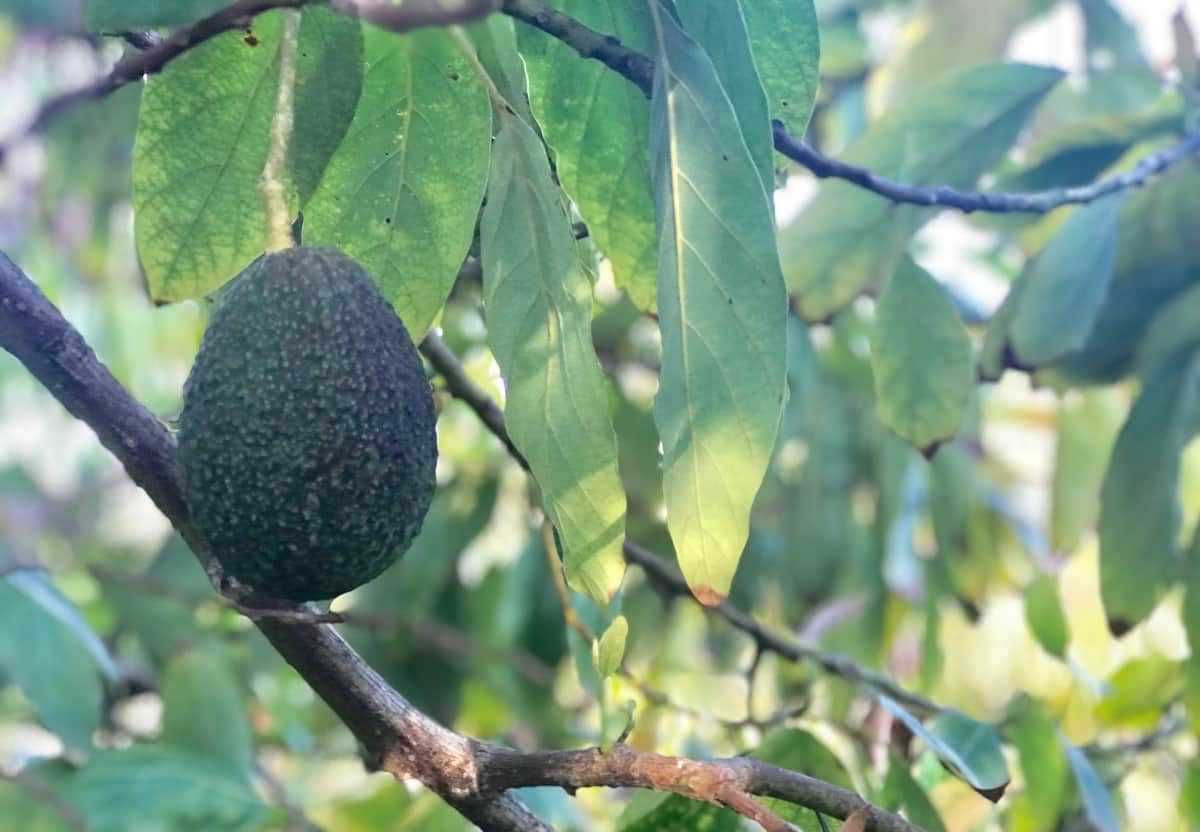
Regional Insights and Future Prospects
While avocado cultivation is concentrated in states like Tamil Nadu and Sikkim, other regions, including Maharashtra, Himachal Pradesh, and Goa, show potential for expansion. With proper soil management and climate considerations, avocado farming could become more widespread across India, contributing to agricultural diversification and economic growth.
Benefits of Avocado Contract Farming
Avocado contract farming offers farmers access to advanced technology, improved practices, and financial support, ensuring better yields and income stability. For purchasing companies, it guarantees a reliable supply of quality avocados, mitigating market risks.
Profitability and Market Demand
Avocado farming is highly profitable, with stable incomes assured through predetermined prices. With rising demand and a substantial domestic market, local production can effectively meet consumer needs, enhancing profitability.
Agreements and Best Practices
Contract farming agreements delineate responsibilities for both parties and ensure adherence to cultivation practices and quality standards. Best practices include proper land preparation, irrigation, pest control, and post-harvest handling.
Opportunities and Requirements
India’s diverse climate offers ideal conditions for avocado farming in regions like the Northeast and Western Ghats. However, successful contract farming requires technical expertise, logistical support, and adherence to contract stipulations. Several companies, including Agri10x, Farmizen, and DeHaat, are facilitating avocado contract farming, leveraging technology, and providing comprehensive solutions. The future looks promising, driven by increasing demand and government support for agricultural development.
In case you missed it: Organic Avocado Farming, Cultivation, Growing Practices
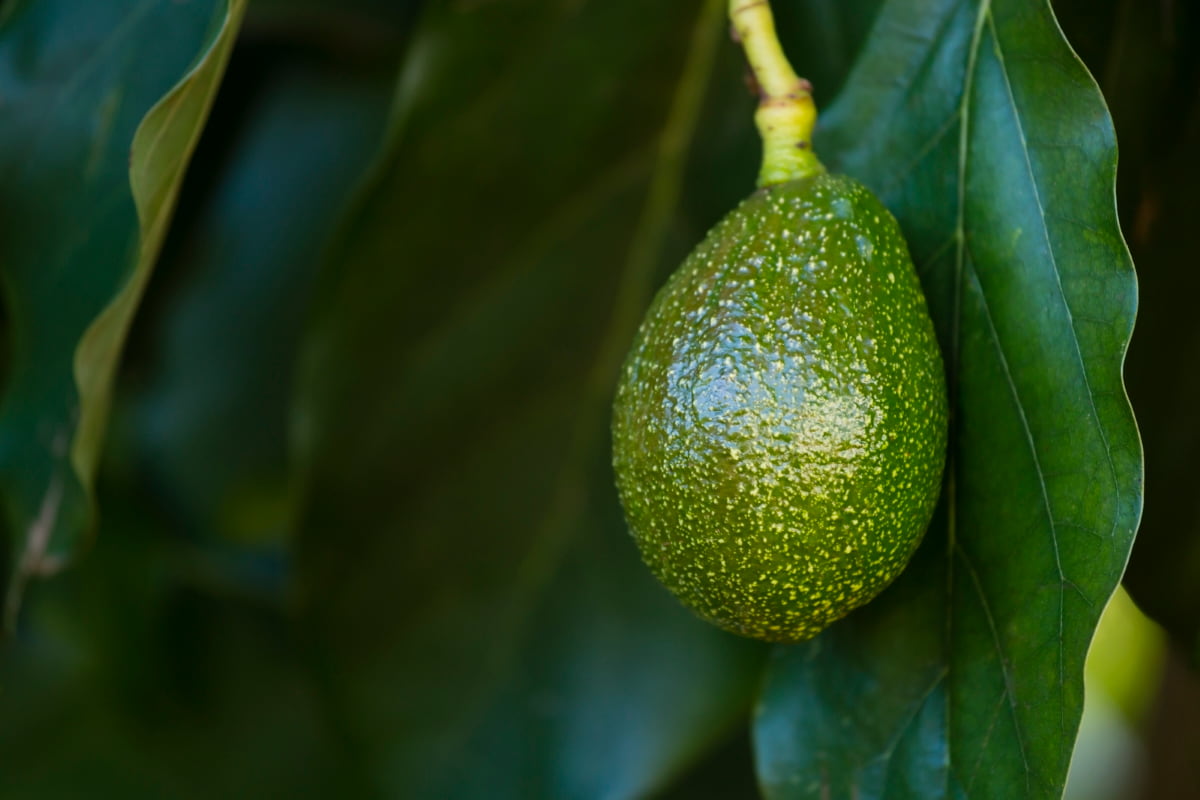
Legal Framework in Avocado Contract Farming
The legal framework for avocado contract farming in India encompasses various laws and regulations related to agricultural contracts, land use, environmental protection, and labor rights. Farmers need to understand and comply with these legal aspects to ensure a secure and transparent contractual environment.
Cultivation Areas in India
Avocado cultivation in India is primarily concentrated in regions with suitable climatic conditions, such as parts of Karnataka, Tamil Nadu, Kerala, and Maharashtra. These areas offer the necessary temperature, soil, and water conditions for successful avocado farming. For example, the Nilgiris district in Tamil Nadu has emerged as a prominent region for avocado cultivation because of its favorable climate and soil characteristics.
Farmer Selection for Contract Farming
The process of farmer selection for avocado contract farming involves identifying and engaging with experienced and dedicated farmers who are willing to enter into a contractual agreement for avocado cultivation. Successful examples include the collaboration between farmers in the Coorg region of Karnataka and a leading agricultural company, where farmers with proven expertise in horticulture were selected based on their track record of sustainable farming practices.
Government Role in Avocado Contract Farming
The government plays a significant role in avocado contract farming through policy formulation, agricultural extension services, infrastructure development, and financial support. For instance, the government of Maharashtra has introduced schemes and subsidies to promote avocado cultivation, providing essential support to both companies and farmers engaged in contract farming.
Contract Negotiations Terms and Conditions
Contract negotiations between the company and farmers involve discussions on various aspects, including land lease terms, production targets, quality requirements, pricing mechanisms, and dispute resolution mechanisms. In Maharashtra, successful contract negotiations have been observed where clear and transparent terms were established, aligning the interests of both parties for sustainable and profitable outcomes.
In case you missed it: Avocado Gardening, How To Start, Tips, and Ideas
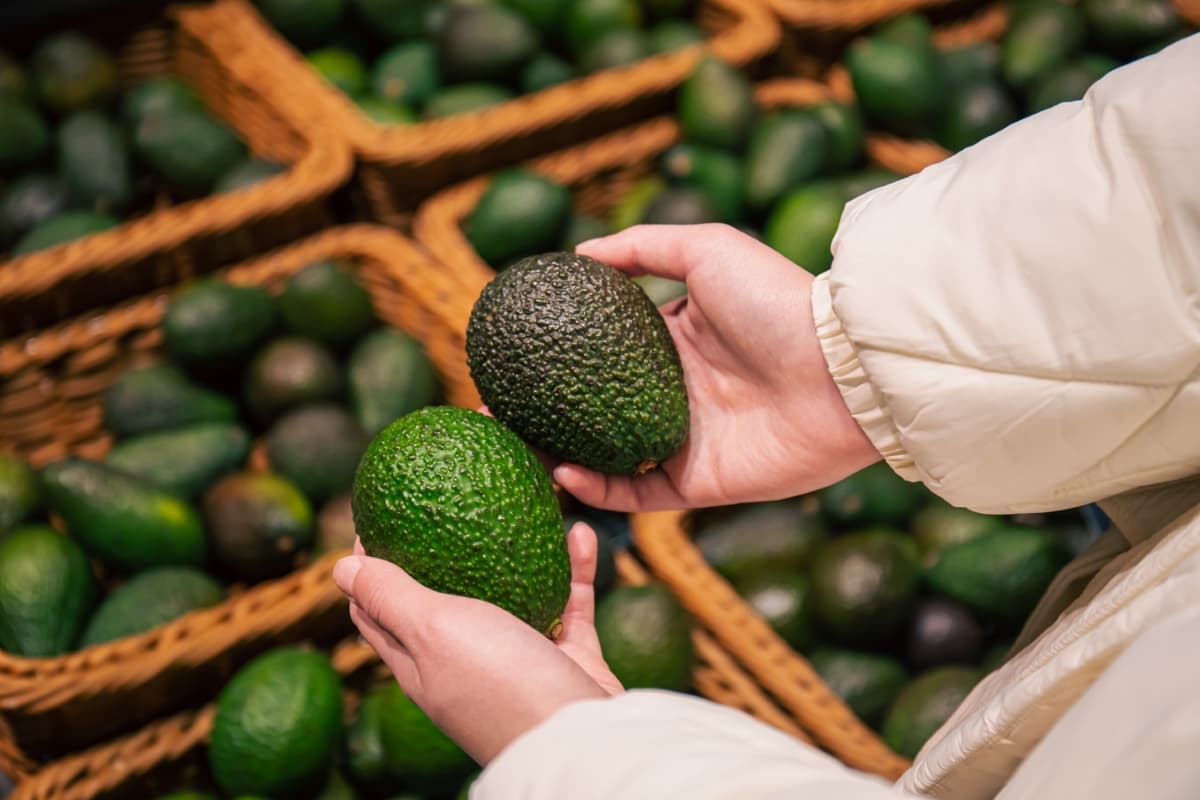
Quality Standards
Adherence to quality standards is paramount in avocado contract farming to meet market requirements and consumer expectations. Farmers need to adhere to specific quality parameters for avocados, covering aspects such as size, appearance, ripeness, and packaging. Farmers in Kerala have successfully integrated post-harvest handling practices to maintain the quality of avocados throughout the supply chain, exemplifying the implementation of stringent quality standards.
Pricing Models
The pricing model in avocado contract farming based on factors like market demand, production costs, quality grades, and revenue-sharing arrangements. An example from Karnataka demonstrates a successful revenue-sharing model where farmers receive a predetermined percentage of the profits based on the quality and quantity of avocados supplied, ensuring fair and equitable returns.
Supply Chain
Efficient management of the avocado supply chain involves logistics, storage facilities, transportation, and market linkages. Farmers in Tamil Nadu have leveraged strong supply chain networks, collaborating with companies to ensure timely delivery of avocados to markets while minimizing post-harvest losses.
Risk Management
Risk management strategies in avocado contract farming encompass measures to mitigate risks related to weather fluctuations, pest and disease outbreaks, market price volatility, and production uncertainties. Farmers in Coorg, Karnataka, have successfully implemented risk-sharing mechanisms and insurance options to safeguard their interests and ensure the continuity of avocado supply despite external uncertainties.
Farmer Training
Comprehensive training programs for participating farmers are essential to enhancing their knowledge and skills in avocado cultivation, post-harvest handling, and compliance with quality standards. The government of Kerala has supported farmer training initiatives, which have improved productivity and product quality in avocado farming.
Impact Analysis
Conducting an impact analysis of avocado contract farming involves assessing its effects on farmers’ livelihoods, local communities, natural resources, and the overall agricultural sector. Successful examples from various Indian states demonstrate positive impacts, including improved farmer incomes, sustainable land use practices, and economic development in rural areas.
Dispute Resolution
Establishing clear dispute-resolution mechanisms within the contractual framework is crucial for addressing conflicts or disagreements that may arise during avocado farming. Examples of effective dispute-resolution mechanisms in Indian states highlight the importance of fair and efficient processes in maintaining positive relationships between companies and farmers.
In case you missed it: Top 17 Steps/Ways to Boost Avocado Yield: How to Increase Production, Size, Quality, Tips, Methods, and Ideas
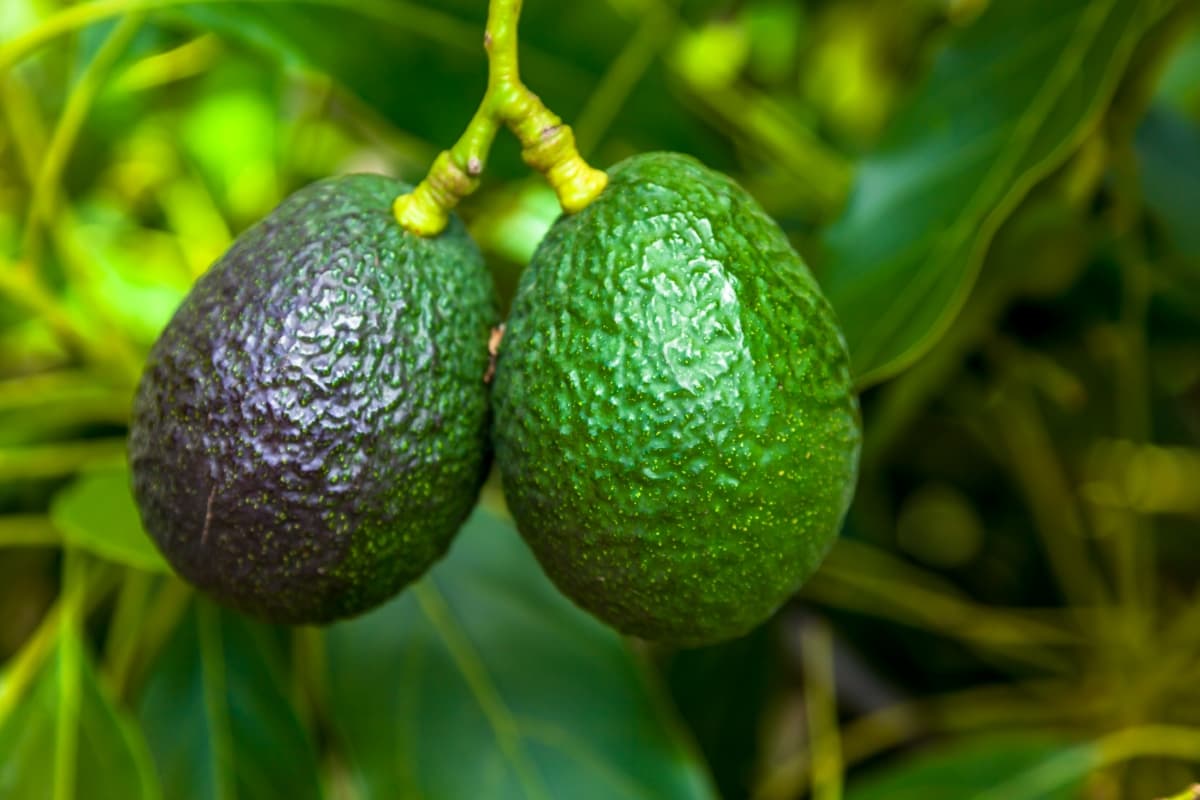
Monitoring
Regular monitoring and evaluation of avocado farming activities enable companies and farmers to track progress, identify challenges, and provide necessary support. Successful monitoring practices in Maharashtra have facilitated compliance with contractual obligations and quality standards, leading to enhanced productivity and market access for farmers.
Sustainability
Promoting sustainability in avocado contract farming involves practices that conserve natural resources, minimize environmental impact, and support the well-being of farming communities. Exemplary sustainability initiatives in Kerala showcase the adoption of eco-friendly farming practices, waste management systems, and community engagement, which contribute to the long-term viability and resilience of avocado farming.
Economic Analysis and Profitability for Avocado Contract Farming in India
Conducting an economic analysis of avocado contract farming entails evaluating production costs, market prices, revenue distribution, and profitability for both the company and the participating farmers. For instance, considering an average yield of 250 kilograms per tree and a minimum market price of Rs. 80 per kilogram, a farm with 40 trees per acre can generate revenue of Rs. 1,60,000 in the seventh year, showcasing the lucrative nature of avocado cultivation in India.
Successful cases from Indian states demonstrate that avocado contract farming can lead to improved profitability for farmers through access to formal markets, stable pricing, and enhanced productivity. Additionally, companies benefit from a consistent and quality supply of avocados, contributing to their overall profitability.
Success Case of a Farmer in Avocado Contract Farming
An inspiring success story comes from a smallholder farmer in Karnataka who, through participation in avocado contract farming, experienced a transformation in livelihood. By engaging in a contractual arrangement with a reputable company, the farmer received comprehensive training, access to high-quality planting material, and ongoing technical support.
With the adoption of modern farming practices and adherence to quality standards, the farmer achieved higher yields and secured a premium price for the avocados. This success not only led to increased income and financial stability for the farmer but also served as a model for sustainable avocado farming in the region, inspiring neighboring farmers to pursue similar opportunities.
Avocado contract farming in India offers farmers a promising opportunity for mutually beneficial partnerships with companies, fostering profitability, sustainable practices, and economic growth. Through comprehensive understanding and implementation of various aspects such as legalities, cultivation, government support, and supply chain management, avocado contract farming demonstrates its transformative potential in uplifting farmers and advancing the agricultural sector across different Indian states.
- Types of Pesticides Used in Agriculture: A Beginner’s Guide
- Economical Aquaculture: A Guide to Low-Budget Fish Farming
- 15 Common Planting Errors That Can Doom Your Fruit Trees
- How to Make Houseplants Bushy: Effective Tips and Ideas
- Innovative Strategies for Boosting Coconut Pollination and Yield
- Pollination Strategies for Maximum Pumpkin Yield
- The Complete Guide to Chicken Fattening: Strategies for Maximum Growth
- Natural Solutions for Tulip Problems: 100% Effective Remedies for Leaf and Bulb-Related Issues
- Revolutionizing Citrus Preservation: Towards a Healthier, Greener Future
- Natural Solutions for Peony Leaf and Flower Problems: 100% Effective Remedies
- Maximizing Profits with Avocado Contract Farming in India: A Comprehensive Guide
- Natural Solutions for Hydrangea Problems: 100% Effective Remedies for Leaf and Flowers
- The Ultimate Guide to Choosing the Perfect Foliage Friend: Bringing Life Indoors
- From Sunlight to Sustainability: 15 Ways to Use Solar Technology in Agriculture
- The Ultimate Guide to Dong Tao Chicken: Exploring from History to Raising
- The Eco-Friendly Makeover: How to Convert Your Unused Swimming Pool into a Fish Pond
- Mastering the Art of Delaware Chicken Farming: Essentials for Healthy Backyard Flocks
- 20 Best Homemade Fertilizers for Money Plant: DIY Recipes and Application Methods
- How to Craft a Comprehensive Free-Range Chicken Farming Business Plan
- Brighten Your Flock: Raising Easter Egger Chickens for Beauty and Bounty
- How to Optimize Your Poultry Egg Farm Business Plan with These Strategies
- Subsidy for Spirulina Cultivation: How Indian Government Schemes Encouraging Spirulina Farmers
- Ultimate Guide to Raising Dominique Chickens: Breeding, Feeding, Egg-Production, and Care
- Mastering the Art of Raising Jersey Giant Chickens: Care, Feeding, and More
- Ultimate Guide to Raising Legbar Chickens: Breeding, Farming Practices, Diet, Egg-Production
- How to Raise Welsummer Chickens: A Comprehensive Guide for Beginners
- How to Protect Indoor Plants in Winter: A Comprehensive Guide
- Ultimate Guide to Grow Bag Gardening: Tips, Tricks, and Planting Ideas for Urban Gardeners
- Guide to Lotus Cultivation: How to Propagate, Plant, Grow, Care, Cost, and Profit
- Agriculture Drone Subsidy Scheme: Government Kisan Subsidy, License, and How to Apply Online
- Ultimate Guide to Raising Araucana Chickens: Breed Profile, Farming Economics, Diet, and Care
- Bringing Hydroponics to Classroom: Importance, Benefits of Learning for School Students
- Ultimate Guide to Raising Polish Chickens: Breed Profile, Farming Economics, Diet, and Care
- Ultimate Guide to Raising Australorp Chickens: Profile, Farming Economics, Egg Production, Diet, and Care
- Silkie Chicken Farming: Raising Practices, Varieties, Egg Production, Diet, and Care
- Sussex Chicken Farming: Raising Practices, Varieties, Egg Production, Diet and Care